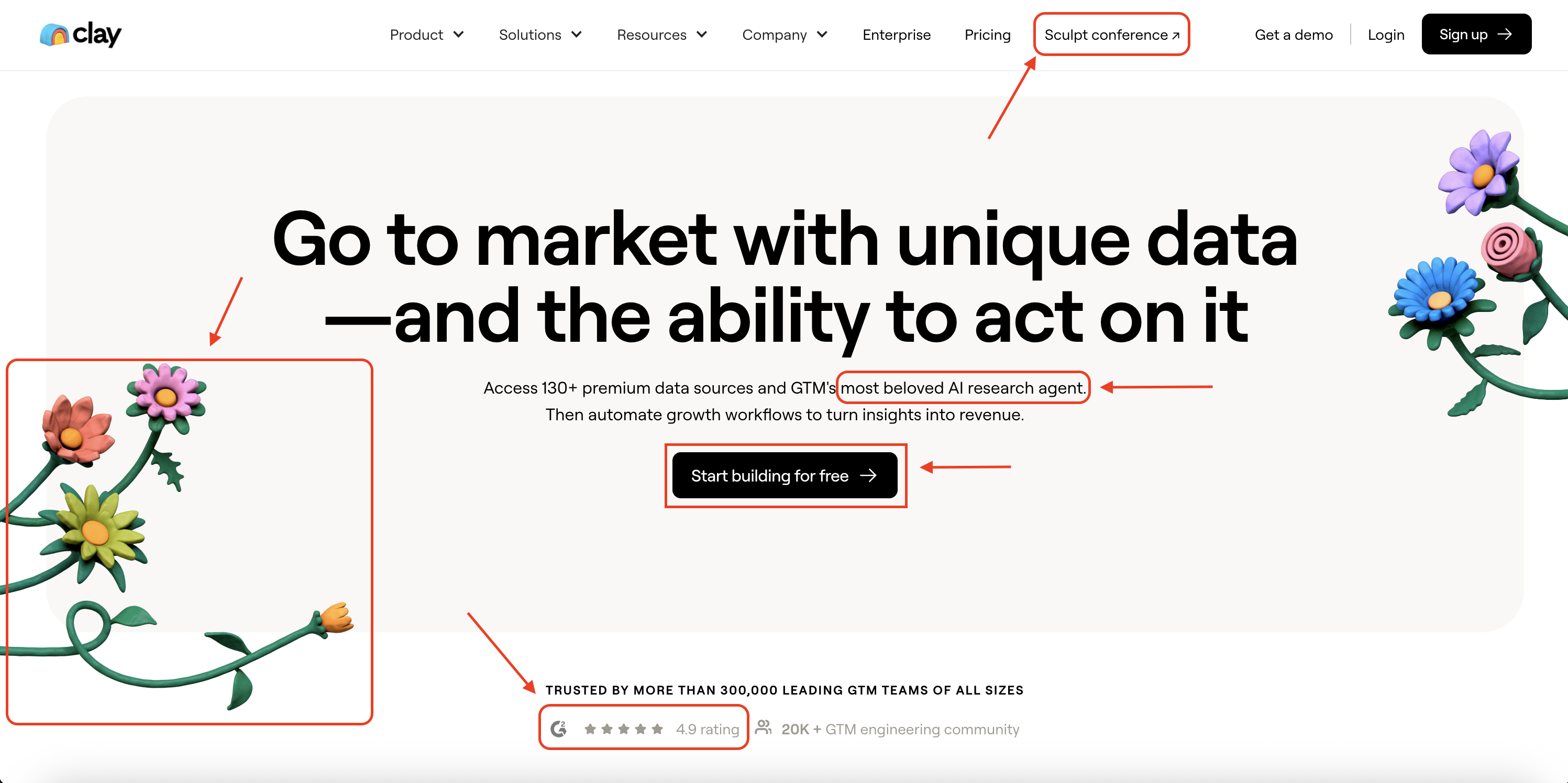


How we build products that work
It's easier than ever to launch products. But it's harder than ever to build products people actually use. That's why we build using "Maximum Viable Products".
A Maximum Viable Product is a twist on Minimum Viable Products. The idea was coined by Manuel Rosso.
What are Maximum Viable Products
The big idea is to completely solve someone's problem in a manual way. Then productize it.
Instead of using technology to create a barebones solutions, you offer a human-powered service that delivers an end-to-end experience that completely solves someone’s problem. You then automate/productize it after you understand the problem and have a solution that actually works.
Airbnb famously launched their experiences product using this methodology. Airbnb flew a customer named Roberto to San Francisco to give him a magical weekend experience. It was over the top, wildly unprofitable, but well worth the money. Airbnb handcrafted an experience curated by humans that made Roberto cry tears of joy. They took essence of the experience and lessons learned to create what became Airbnb Experiences.
That’s our playbook at DoWhatWorks. We swear by it. We used it to launch our product and have used it to radically improve our offering.
How we use Maximum Viable Products
Over the years, we've seen that our customers love getting access to data about experiments from their industry. But they sometimes had trouble figuring out what to do with it and lacked the time to dig in. So we experimented with a service that analyzed our test data and gave customers specific recommendations for their UX based on evidence. The service forced us to solve the entire problem for customers, and In the process we learned a great deal. It turns out our customers don't want data.; they want impact and they want it now. All of our R&D focused on how to get them more impact, faster, with less work.
We worked with a professor at Johns Hopkins University to create a methodology to predict what variables drove impact by page, sector, etc based on experimentation data. When clients tested the methodology, they got multi-million dollar wins from our recommendations. Once we saw it work, we built systems, tools and product for our team and rolled the service out to more clients. Now that the service has proven it works, we are scaling it up. We can’t wait to unveil what’s in the works. If you’d like to get in early to this next generation product, let us know.
4 Lessons
- It’s a slog. Prepare to work exceptionally hard during the upfront manual phase. It’s brutal.
- It’s worth it. Your pace of learning is extreme. It is also a lot easier to adapt the service while it is manual.
- Don’t automate too soon. Since Maximum Viable Products are a slog it will be tempting to ask engineers to remove the pain for you. Don’t automate until you have done the end-to-end solution a few times. See what creates value and what you can eliminate. Then, automate and productize.
- Keep disciplined. Have a strong POV on what the product solution might look like and be willing to say no to cool opportunities that are too tangential to the vision.
Credits: Eric Ries (inventing MVP), Patrick Campbell (his podcasts inspire us to launch services as prototypes), Brian Chesky (for sharing his Airbnb story)
Photo Credit: Christopher Burns



